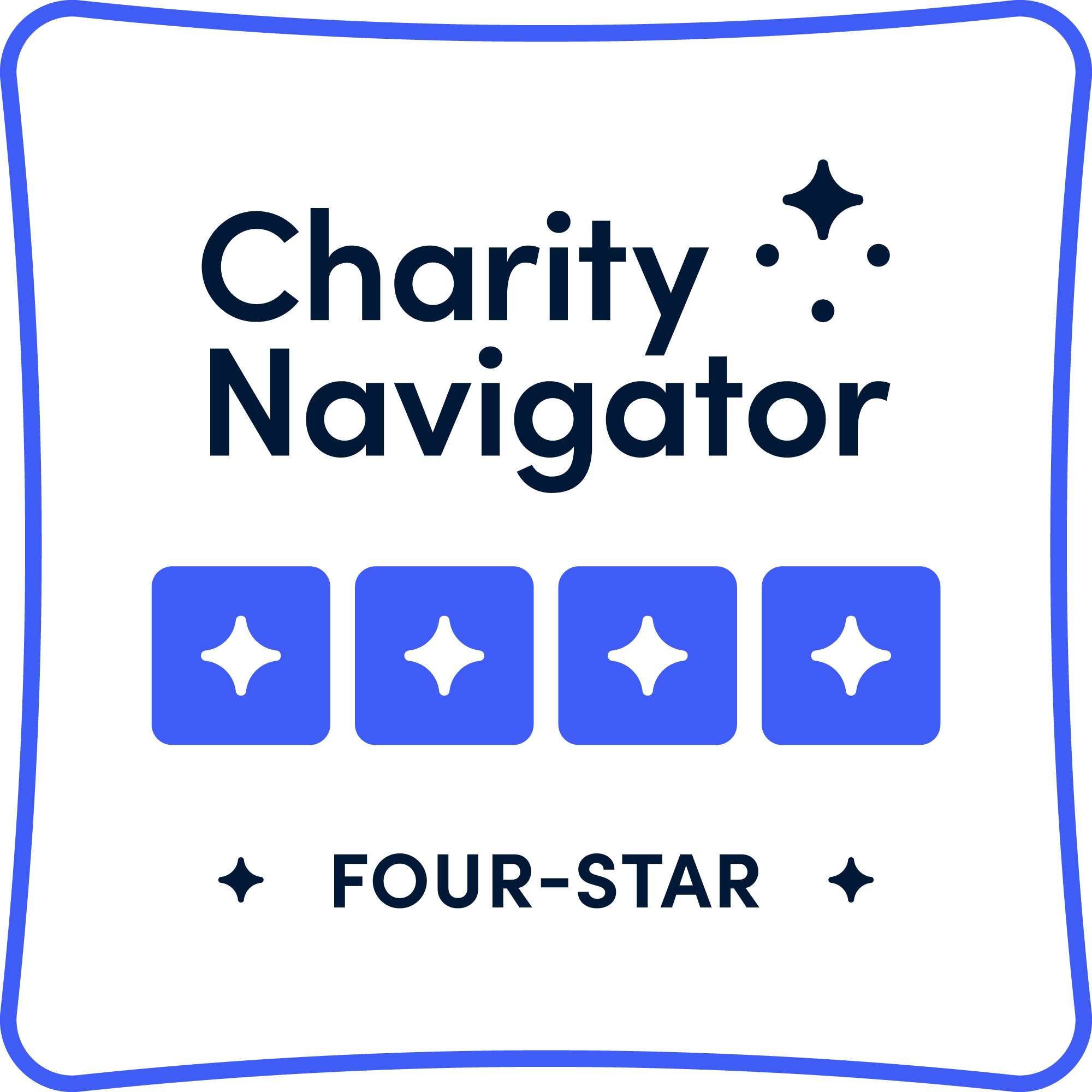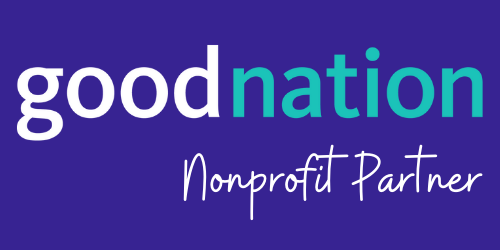There is often a gap between people’s intentions and actions—perhaps they intend to use a nonprofit’s program or service but don’t follow through, don’t realize they are eligible for certain benefits, or have certain misconceptions about what’s possible or expected in a particular context.
Applying a behavioral lens can help agencies address these issues, and in doing so make good programs even more effective, enabling them to help more people. Through education, coaching, and research and design projects, the Behavioral Design Center helps nonprofit organizations boost productive use of their services, enhance civic engagement, and improve outcomes for their clients and communities.
Project Assistance
Through collaborative design projects, we help non-profits apply behavioral insights to their work.
Educational Workshops
Our practical, interactive workshops equip non-profit leaders and staff with tools to identify potential behavioral barriers and design solutions.
Our Projects
The BDC is working with GCF to identify barriers keeping alumni from using services designed to help them succeed in their jobs and plan their career, and strategies to increase engagement with GCF services.
Read MoreThis project identified behavioral barriers leading students to drop out of free classes, and strategies to increase retention and program completion.
Read MoreWe identified barriers to participation in program activities, and designed strategies to increase the number of students who persist throughout the course of the program.
The project sought to identify behavioral barriers limiting responsive actions to CCC’s “Take Action” emails and offered recommendations to motivate advocates to send more letters to state and city leaders.
Read MoreWe worked with ExpandED Schools Science Technology Engineering and Math (STEM) program to identify barriers to after-school educators participating in its STEM Educators Academy (SEA), a program designed to support skill development and educators’ sense of belonging in the STEM field.
Read Moreuaspire‘s text-message student advising services provides personalized support to help college students make financially responsible decisions and secure and maintain the financial assistance needed to support their choices. To maximize the value of this support, we identified barriers limiting student response rates and strategies to overcome them.
Read MoreBLOGS
NYC Behavioral Design Center supporters have included: the W. T. Grant Foundation, The New York Community Trust, the Booth Ferris Foundation, the Pinkerton Foundation, Fidelity Charitable Trustees' Initiative, and Casey Family Programs.


